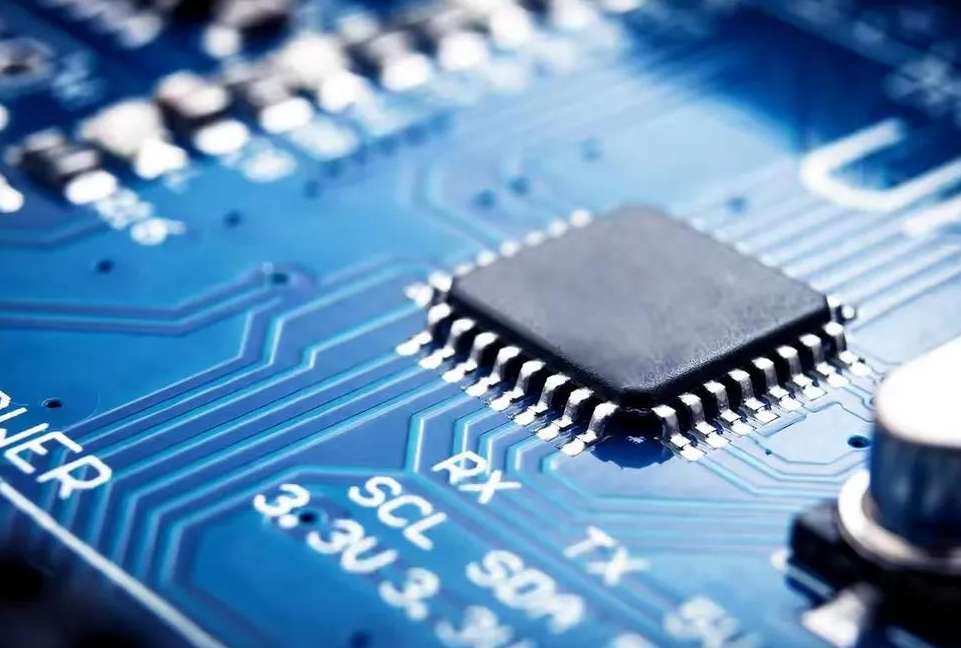Broadcom and TSMC Aim to Divide Intel's Dominance
Advertisements
February 16th marked a significant day in the technology sector as reports emerged regarding a potential transaction involving industry giants Broadcom, TSMC, and Intel. This development highlights the shifting dynamics within the semiconductor industry, suggesting that Intel, once a titan of technology in Silicon Valley, is now facing considerations of radical restructuring.
Broadcom has expressed interest in Intel’s chip design operations, while TSMC is examining the possibility of acquiring Intel's manufacturing plants. Known for its substantial acquisitions, Broadcom had previously made headlines in late 2017 when it attempted to acquire Qualcomm for over $100 billion, a move thwarted by governmental intervention. This suggests that any negotiations involving Intel could reflect similar complexities.
According to insiders, Broadcom has initiated informal discussions concerning Intel’s chip design and marketing business, yet it has not filed any formal acquisition documents, leaving open the possibility of retreating from talks. TSMC, on the other hand, seems to be conducting a thorough analysis of controlling either part or all of Intel’s chip manufacturing facilities, searching for a potential investment group to facilitate such a transaction.
The notion that Intel could be split into separate entities for design and production marks a significant turnabout. In recent years, the semiconductor industry has faced a transformative shift as certain companies strive to specialize in either chip manufacturing or design. Intel, which has dominated the CPU market for decades, seems to be conforming to these new industry realities, moving closer to the possibility of disbandment.
In the backdrop of these developments, Frank Yeary, Intel’s interim chairman, has taken the helm in negotiations with potential suitors and government officials. Yeary has communicated the importance of maximizing shareholder value—a crucial objective as Intel navigates through a particularly challenging phase.
Intel’s struggle can be largely attributed to its failure to keep pace with TSMC in producing the fastest chips with the smallest transistors. This deficit has left Intel at a disadvantage, particularly highlighted by its inability to fulfill audacious recovery plans under the leadership of former CEO Pat Gelsinger.
As Intel moves to segregate its chip manufacturing division, some analysts perceive these efforts as precursors to a broader split. The discussions surrounding Intel’s factories remain in early stages, with the U.S. government prompting TSMC to consider the idea. However, skepticism lingers regarding the feasibility of a foreign entity operating Intel’s operations, which could face resistance from government officials.

Amidst these rumblings, Intel’s board is actively searching for a new CEO, whose responsibilities will hinge on what segments of the business remain viable. This search, directed by the headhunting firm Spencer Stuart, has been underway for over two months, demonstrating the urgency of finding strong leadership at a pivotal time.
Throughout recent years of imposed austerity, Intel has divested numerous assets and is in the process of selling its programmable chip division, Altera, which it acquired for $16.7 billion in 2015. This sheds light on the broader restructuring and realignment Intel is undergoing in hopes of regaining its footing in the industry.
Beginning in late 2022, Intel’s factories have operated independently, catering to both internal and external chip design teams. The intention to eventually incorporate these operations into a fully-fledged subsidiary boasting its board of directors indicates a significant shift in how Intel orchestrates its manufacturing capabilities.
David Zinsner, Intel’s interim co-CEO, discussed the new operational structure, suggesting it will facilitate the inclusion of external investors, including clients and private equity players, allowing Intel to attract much-needed capital.
Any discussions involving TSMC or other investors capitalizing on Intel’s factories will inevitably require governmental endorsement. Intel has previously articulated its substantial support from the Chips Act of 2022, a financial initiative designed to bolster U.S. semiconductor manufacturing. This act contributed $53 billion to the industry, of which Intel is among the largest recipients, securing nearly $7.9 billion for new factories in Ohio, Arizona, and beyond.
However, complexities loom over this potential transaction. Historically, Intel’s plants were primarily organized to produce Intel chips, with the company only recently starting to manufacture chips for external clients. Transitioning these facilities to align with TSMC’s operational model for advanced chip production would be both costly and multifaceted.
Industry insiders have noted that TSMC could face constraints regarding deploying its engineers in the U.S., citing concerns over the current U.S. government's rigid stance on immigration. This adds another layer of difficulty to the negotiations and could affect the overall strategy moving forward.
As Intel’s stock price rebounds amidst speculation about a potential alliance with TSMC, it is important to note the firm’s descent into the territory of potential acquisition. Once the undisputed leader in the semiconductor sphere, Intel now finds itself grappling with the realization that its strategical missteps have rendered it vulnerable as competitors like TSMC and Samsung have capitalized on advancements in manufacturing.
Additionally, the meteoric rise of AI computing has shifted the allocation of financial resources away from Intel’s processors toward Nvidia's GPUs, underscoring the urgent need for Intel to adapt swiftly to rapidly changing market demands or risk becoming obsolete.
Leave Your Comment